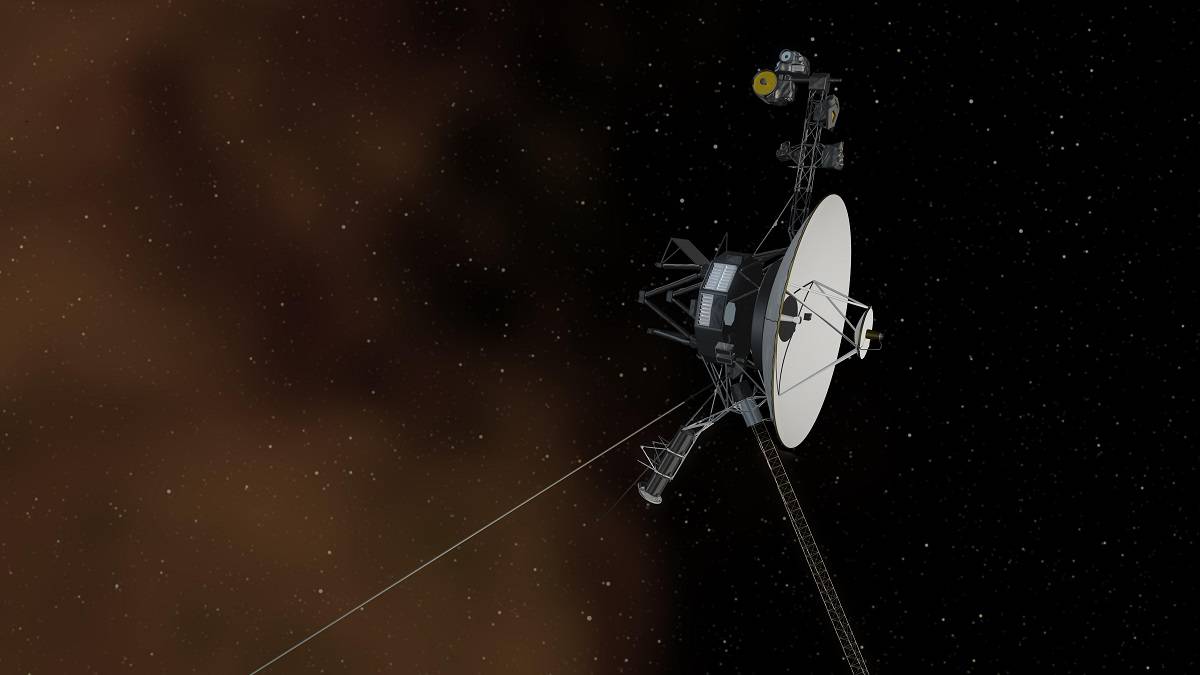NASA’s Voyager 1 probe is currently unable to transmit scientific or systems data to Earth due to a problem with its computers, according to NASA. Space.com website.
While the 46-year-old spacecraft can receive commands, a problem appears to have arisen with Voyager 1’s flight data system (FDS), which collects on-board engineering information and data from the probe’s science instruments.
Read more:
The Defense and Security Forces are not communicating as expected with the probe’s communications unit (TMU). Voyager 1 engineers have traced the problem to the FDS, but it could be weeks before a solution is found.
Voyager 1 and its twin sister Voyager 2 were launched in 1977 and are currently in interstellar space, more than 24 billion kilometers from Earth.
Due to the enormous distance, it takes approximately a day (22.5 hours) for the transmission to reach the spacecraft and another day to receive any kind of response. A simple round-trip connection with Voyager 1 takes 45 hours. Therefore, NASA engineers will have to wait until the next day to find out whether the solution sent to the probe’s Defense and Security Center worked or not.
Technical challenges faced by travelers
- However, the solution is not as simple as turning the system on and off again;
- The advanced age of the spacecraft and its instruments presents unique challenges;
- NASA technicians must work within the framework and technology available to their 1970s predecessors, often finding creative software solutions.
This is not the first time Voyager 1 has malfunctioned in recent years. Problems with the probe’s Attitude and Control System (AACS) were noticed in May 2022, and continued to send stale telemetry data for several months before a workaround was found.
Another update was made in October 2023, with a software patch to resolve the issue and prevent debris from accumulating in the probe’s thrusters.
However, these updates do not happen quickly. The NASA team must consult original documents written by engineers decades ago to find solutions to the challenges the probes face, as the current problems were not anticipated.
Therefore, it takes time for the team to understand how the new command will affect spacecraft operations and avoid unintended consequences.
Despite these setbacks, Voyager 1 and 2 remain the longest operational spacecraft in history and have provided extremely important scientific data about space.

“Coffee trailblazer. Social media ninja. Unapologetic web guru. Friendly music fan. Alcohol fanatic.”

